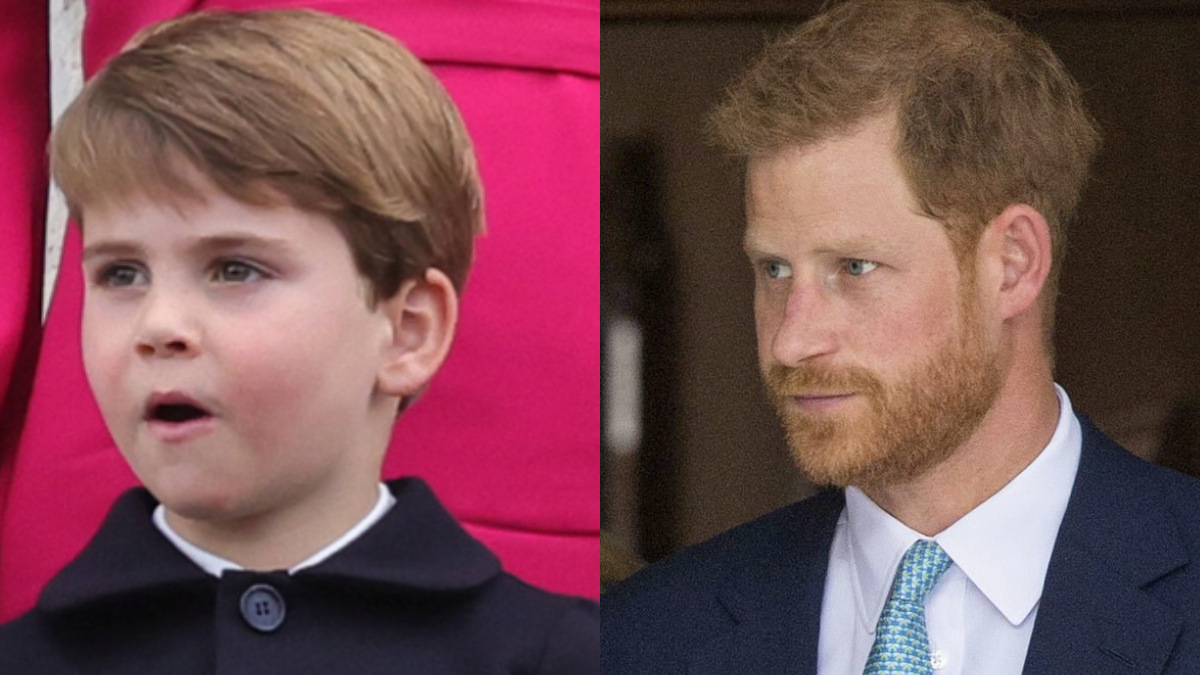ICEF's project on natural dyes shortlisted for UN SEED Award
New Delhi, Feb 6: The India-Canada Environment Facility, an environment and development agency, has won global recognition as its project on promoting natural dyes in textile industries of India has been shortlished for the prestigious United Nations SEED Award.
The United Nations supported global agency SEED (Supporting Enterpreneurs for Environment and Development) at the recent World Economic Forum at Davos shortlisted ICEF's project on natural dyes among the ten best developmental initiatives in the world. The projects were selected for their ''local environmental work that have demonstrated potential for replicable sustainable benefits across national and regional boundaries.'' The UN has also praised ICEF, the bilateral development agency of the government of India and Canada, for its project in India as a unique example of the joint initiative of the government, business and NGOs. The Award is funded by the International Union for Conservation of Nature (IUCN), United Nations Development Programme (UNDP) and United Nations Environmental Programme (UNEP).
The project is aimed at environment improvement and sustainable livelihood along with social development. It was selected from 230 entries from 70 countries and the only one from India. Of the nine other projects shortlisted by the SEED four are Latin America, three from Africa and one each from Nepal and Vietnam. Of these, five would be selected finally for the International Award by the SEED in May, ICEF Director Satyanarayana told reporters here.
He said the final selection would help ICEF in establishing its linkages with developmental agencies worldwide so as to promote natural dyes which are both environment friendly and promote economic growth and social development of communities concerned.
Traditional craftsmen and artisans used natural dyes for centuries but the advent of synthetic dyes, which offer a wide range of colours and economy of scale of oepration, has rendered them almost irrelevent. However, the textile industry is using the synthetic dyes oblivious of the environmental pollution these chemicals are causing.
The Central Pollution Control Board has identified manufacturing and application of synthetic dyes in textiles as one amongst the 17 most polluting industries. Natural dyes are intrinsically biodegradable and hence environment friendly. By promoting natural dyes ICEF is working for environmental protection, sustainable economic growth and social development. Also the project seeks to establish an environmentally and socially sustainable pilot initiative to promote collection, processing and application of natural dyes.
He said limited availablity of dye sources, lesser choice of colours with relatively less fastness and difficulties in large scale application in factories were major hinderance in large scale use of natural dyes. The ICEF tried to overcome these difficulties by launching a three-year project in association with its partners Punjab Durrie Weavers, Natural Dye Resources, Kalamkari Research and Training Centre, Xavier's Institute of Management and Central Institute of Research on Cotton Technology. The project has produced high quality vegetable based dye powders covering a wide range of colours for cotton, wool, silk and polysters, he added.
Ms Ann Shankar, Chairperson of Punjab Durrie Weavers, became a proponent of the project once she found the hazards women involved in traditional Bridal Durrie Weaving were exposed to due to use of synthetic dyes which were garish and toxic. However, she came to know that authentic dye material of necessary quality was in very short supply and the process of dyeing was time consuming.
So, the project was launched to produce natural dye with improved fastness in large quantities and train artisans in using them. The challenge was to prove a sustainable model for promoting use of natural dyes and efforts were also made to establish a value chain for collection and cultivation, she said.
Initially, 100 plants were tested as natural dye source later it was limited to about 10 trees from whose leaves and fruits dye could be obtained in large quantities, Mr Bosco Henriques of Natural Dye Resources said. He said a process was developed in which the natural dyes could be used very effectively and produce mineral rich water which could be used for irrigation unlike in case of synthetic dyes which pollute the water and make it unfit for human consumption in any form.
Giving details of the pilot project carried out in Chaukul village of Maharashtra, he said that it not only provided natural dyes to the weavers of the village but also employment to women and social development by giving gas stoves to them in return for the dye yielding leaves collected by them. Large scale plantation of dye yielding trees and its processing would promote the use of natural dyes.
The naturally dyed clothes are cooler and absorbe UV radiation thereby protecting the people. Though the cost of production of dyes is at present Rs 275 to 300 kg, which is higher than the synthetic dyes, but mass scale production could reduce it drastically, he said. At present ICEF is planning to hold a fashion show showcasing natural dyed clothes and also holding talks with Nalli, saree stores, to showcase their clothes in their outlets.
UNI


 Click it and Unblock the Notifications
Click it and Unblock the Notifications




